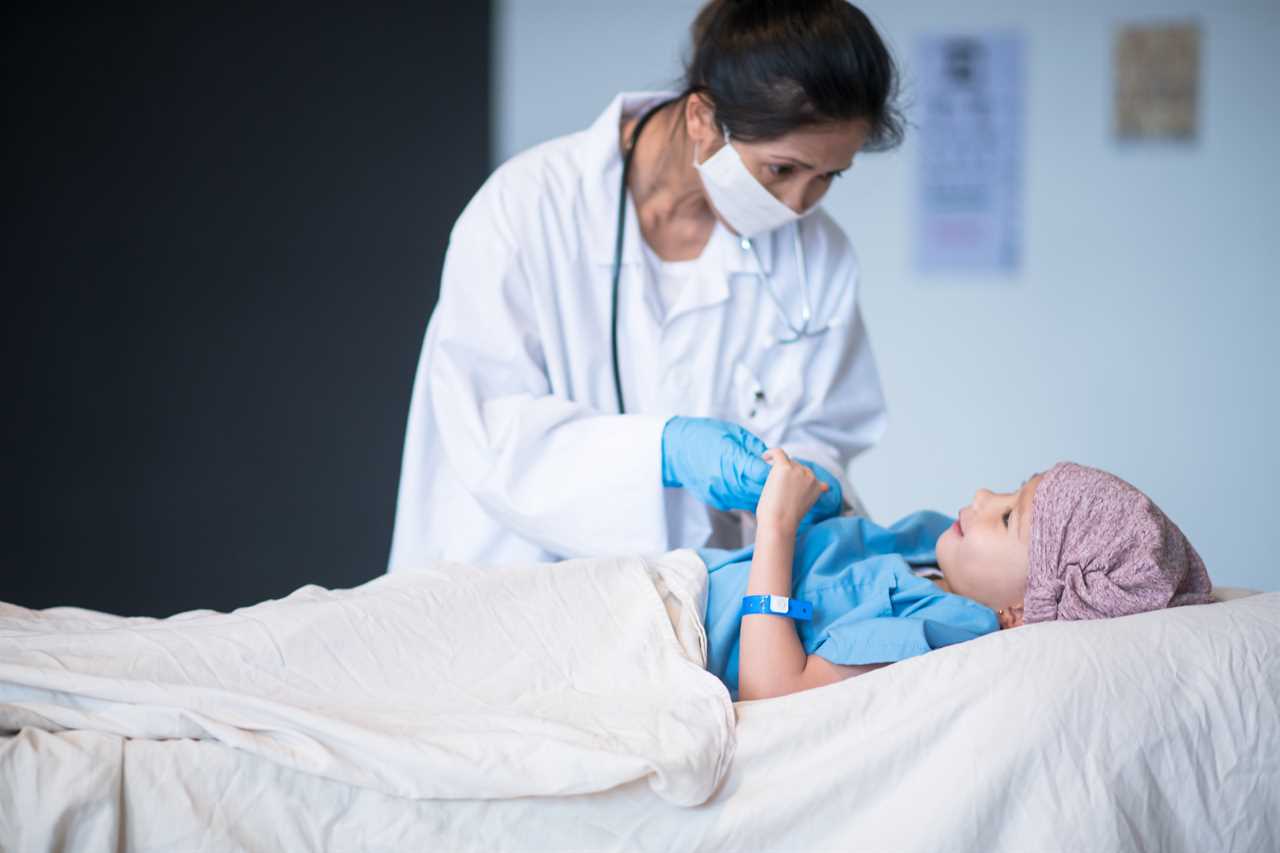SCIENTISTS have discovered a new type of cancer in children that has poor outcomes.
A subset of liver cancer, it has been shown to have poorer outcomes because it is more resistant to chemo.

A new subset of liver cancer in children has been discovered
Liver cancer accounts for around one per cent of childhood cancers.
Around 20 cases are diagnosed each year, according to the Children with Cancer UK charity.
Most children do not present with any symptoms except for a large tummy or a lump.
There are two main types of liver tumours in children – hepatoblastoma, which is usually seen in under three year olds, and hepatocellular carcinoma, seen in kids and teens.
The five-year survival rates differ greatly between them – 70 per cent for hepatoblastoma and 30 per cent for hepatocellular carcinoma.
Dr Pavel Sumazin, first author of the study, said: “Until recently, nearly all paediatric liver cancers were classified as either hepatoblastoma or hepatocellular carcinoma.
“However, paediatric pathologists observed that some liver tumours have histological features that do not easily fit the hepatoblastoma or hepatocellular carcinoma models.
“These cancers are less likely to respond to chemotherapy, and patient outcomes are poor.”
Researchers from Baylor College of Medicine and Texas Children’s Cancer Center took cancerous tumours and analysed their genetics.
They found some do not fit into the categories of either hepatoblastoma or hepatocellular carcinoma tumours.
Instead, these tumours exhibited recurring molecular features that have been observed in both HBs and HCCs.
Therefore, they designated these tumours as “hepatoblastomas with hepatocellular carcinoma features (HBCs)”.
Children with these tumours had poorer outcomes when not treated with more aggressive surgical approaches, including transplantation.
The findings, published in the Journal of Hepatology, suggest some kids may have been given treatment for one type of tumour when they could have benefited from a transplant.
But it also gives hope for the future that more children will be treated appropriately.
Dr Dolores Lopez-Terrada, corresponding author of the paper, said: “Our findings highlight the importance of molecular testing to accurately classify these tumours to optimise treatment recommendations at the time of initial diagnosis.
“Our analysis suggested that children with HBCs may benefit from treatment strategies that differ from the guidelines for patients with hepatoblastoma and hepatocellular carcinoma.”






